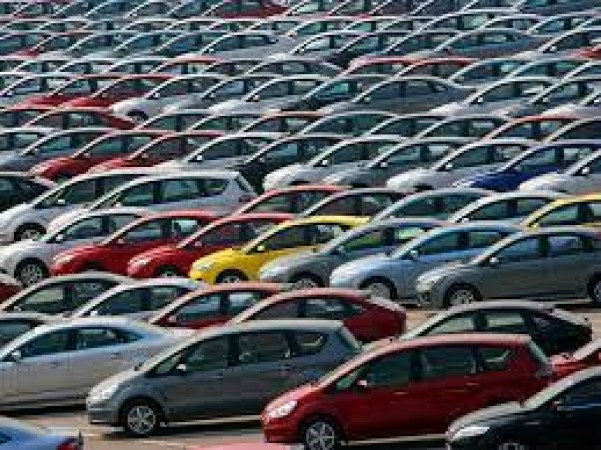
In recent times, a noticeable trend has emerged in the global automobile industry – a decline in car sales, specifically in the world's largest vehicle market. This phenomenon has raised several questions about the potential reasons behind this slump. In this article, we will explore some of the possible factors contributing to this downward trend and delve into the intricacies of this complex issue.
The Changing Landscape of Consumer Preferences
One key factor in the declining car sales could be the shifting preferences of consumers. As the world becomes more environmentally conscious, there is a growing demand for eco-friendly and fuel-efficient vehicles. This shift has led to a surge in interest for electric cars and hybrid vehicles, causing traditional car manufacturers to face stiff competition from innovative electric vehicle companies.
Economic Uncertainty and Purchasing Power
Economic instability plays a crucial role in the performance of the automobile market. Factors such as fluctuating job markets, inflation, and uncertain financial prospects can lead consumers to hold off on major purchases like cars. Additionally, reduced purchasing power in the wake of economic downturns can significantly impact the automobile industry's sales figures.
The Rise of Ride-Sharing and Mobility Services
The emergence of ride-sharing services like Uber and Lyft has disrupted the traditional concept of car ownership. Many urban dwellers now prefer the convenience and cost-effectiveness of using these services rather than investing in a personal vehicle. This change in attitude has directly impacted car sales, especially in densely populated areas.
Regulatory Changes and Emission Standards
Stringent emission regulations have pushed car manufacturers to invest heavily in research and development to meet the ever-tightening emission standards. This, in turn, has led to increased vehicle prices. Consumers might be hesitant to invest in new cars due to these elevated costs, further contributing to the sales decline.
Impact of the COVID-19 Pandemic
The global pandemic has disrupted various industries, including the automotive sector. Lockdowns, supply chain disruptions, and economic uncertainties have affected production capacities and consumer behavior. This unprecedented event has undoubtedly played a significant role in the recent downturn in car sales.
The Road Ahead: Strategies for Recovery
Car manufacturers and industry stakeholders need to adapt to the changing landscape to recover from the sales decline. Investing in research and development for electric and hybrid vehicles, offering flexible ownership models, and focusing on innovative marketing strategies could all contribute to reversing the trend. The decline in car sales in the world's largest vehicle market is a multifaceted issue influenced by factors such as changing consumer preferences, economic uncertainties, the rise of alternative mobility options, regulatory changes, and the lingering impact of the COVID-19 pandemic. To navigate these challenges successfully, the automobile industry must embrace change, innovate, and cater to the evolving demands of the modern consumer.
Two-Wheeler Giant Hero MotoCorp Achieves Remarkable Q1 Results
Revolutionizing Car Ownership: Kia's My Convenience Plus
Kawasaki Z900RS and Triumph Speed 1200 to rule over the Indian roads